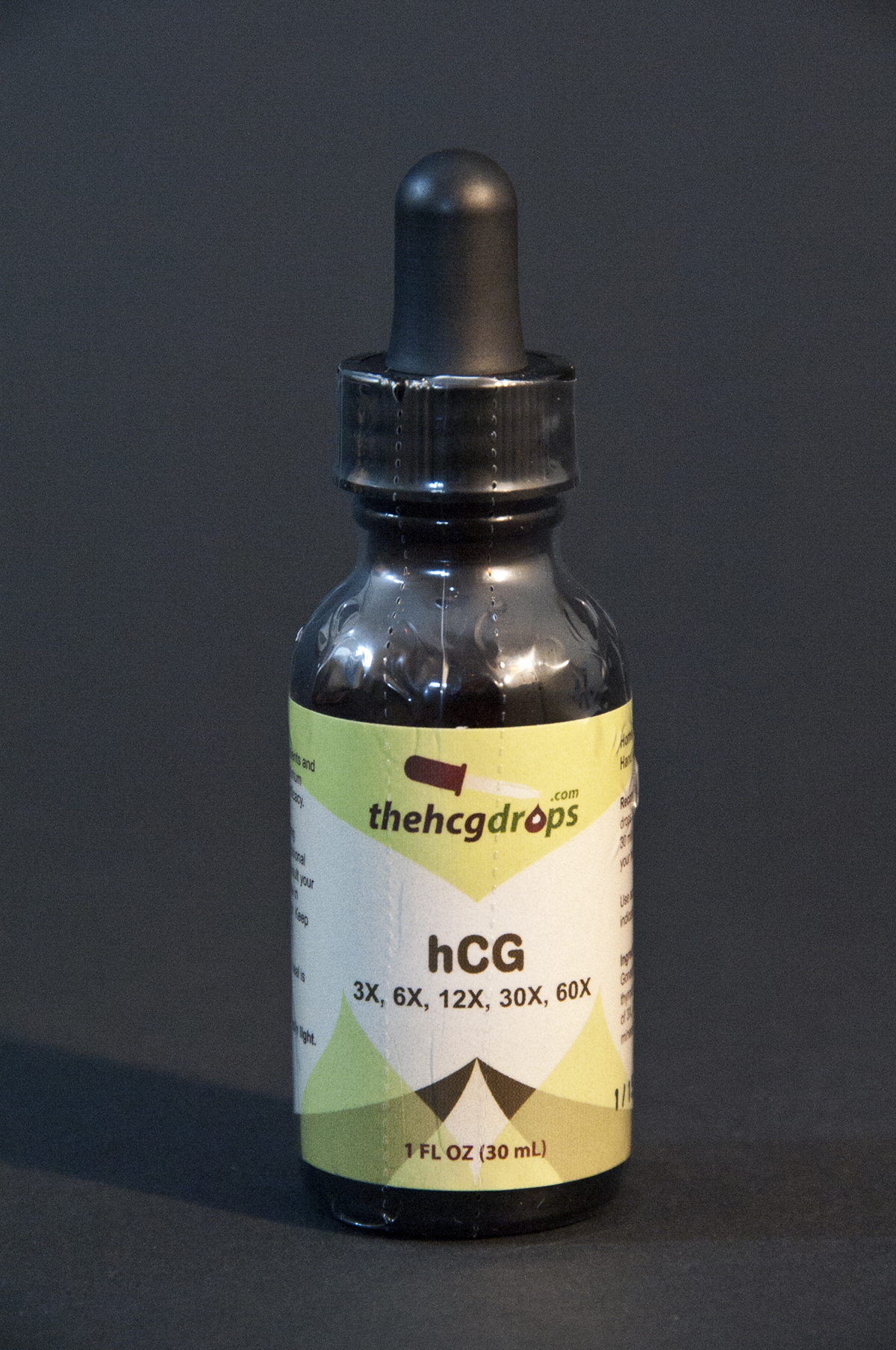
IntroductionThere are a large number of different diets out there which are designed specifically for people who are need of losing excess weight. Some diets work for some people, some do not, and some diets simply do not work at all. hCG diet is one of the most popular types of diet, but just as it is already described, it may not work for everyone. If a person plans on going for the hCG diet it is definitely a good idea to be well informed about all of its different aspects.
The diet
One should get started by finding out what hCG actually is. hCG is an acronym for the human Chorionic gonadotropin which is a certain type of hormone which is particularly active during the pregnancy of a woman. If a woman has normal levels of hCG, there is no need to take it in the form of supplements. Supplemental hCG shots are required only in cases when a woman suffers from different types of fertility problems. hCG is very efficient in enhancing the growth of the fetus and providing the healthiest environment possible. Male bodies also contain hCG, although in significantly smaller amounts than women. hCG drops, injections and pills are produced by a very complex procedure in which the hormone gets extracted from the pregnant women. The hormone is then heavily processed in order to be included in the supplements. British scientists introduced the hCG diet during the 1950s. The scientists claimed that hCG in its supplemental form can be of great help when it comes to burning the deposits of fat inside the body, and, by doing so, enhancing the process of weight loss. The diet requires a lot of patience, since the results start showing gradually only over prolonged periods of time. hCG is also supposedly very efficient in converting the deposited fats into calories and suppressing the feeling of hunger. HCG diet is not an easy one to follow because it requires the person to intake only 500 calories per day in its initial phases, and the intake gradually gets increased to 1000 calories per day. Starches and sugars need to be eliminated from the diet as much as possible.
Safety
The hCG diet is not that safe as it may be associated with certain types of side effects in some cases. Injections may induce bleeding, soreness, skin rashes and redness. Other side effects may or may not include prostate enlargement, breast swelling, hair loss, mood swings, water retention, nausea, restlessness, headaches, irritability, fatigue, food cravings, weakness and light-headedness.



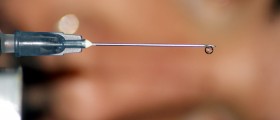
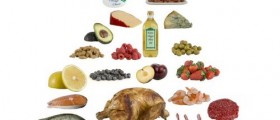

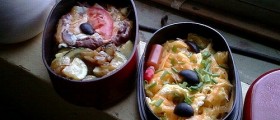
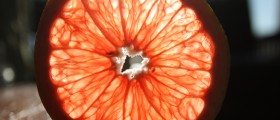





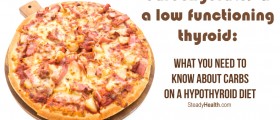
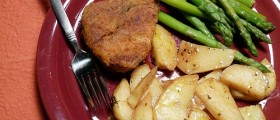

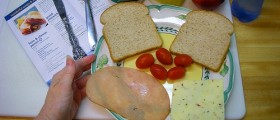
Your thoughts on this
Loading...